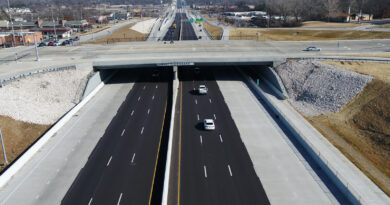AI Applications Can Address Traffic, Public Safety, and Environmental Protection
The rapid advancement of smart city technologies has marked a significant shift from the initial hype to tangible, real-world applications. Cities worldwide are increasingly leveraging the Internet of Things (IoT), 5G networks, and artificial intelligence (AI) to address urban challenges such as traffic congestion, public safety, and environmental protection. For instance, IoT devices now monitor various infrastructure elements, from sewer systems to street lamps, enhancing efficiency and sustainability. Notable examples include Cascais, Portugal, which has optimized waste management with sensor-equipped rubbish bins, and South Bend, Indiana, where IoT sensors in the sewer system have drastically reduced raw sewage discharge into rivers.
Looking forward, the integration of AI and IoT is expected to expand into more complex and predictive roles. Innovations like Nashville’s advanced analytics for fire response and AI-driven social worker prioritization in the UK are already demonstrating the potential to improve city operations and services. However, the expansion of these technologies also brings challenges, such as ensuring security and addressing privacy concerns. As smart city projects continue to evolve, balancing technological benefits with ethical considerations will be crucial for their success and acceptance.




